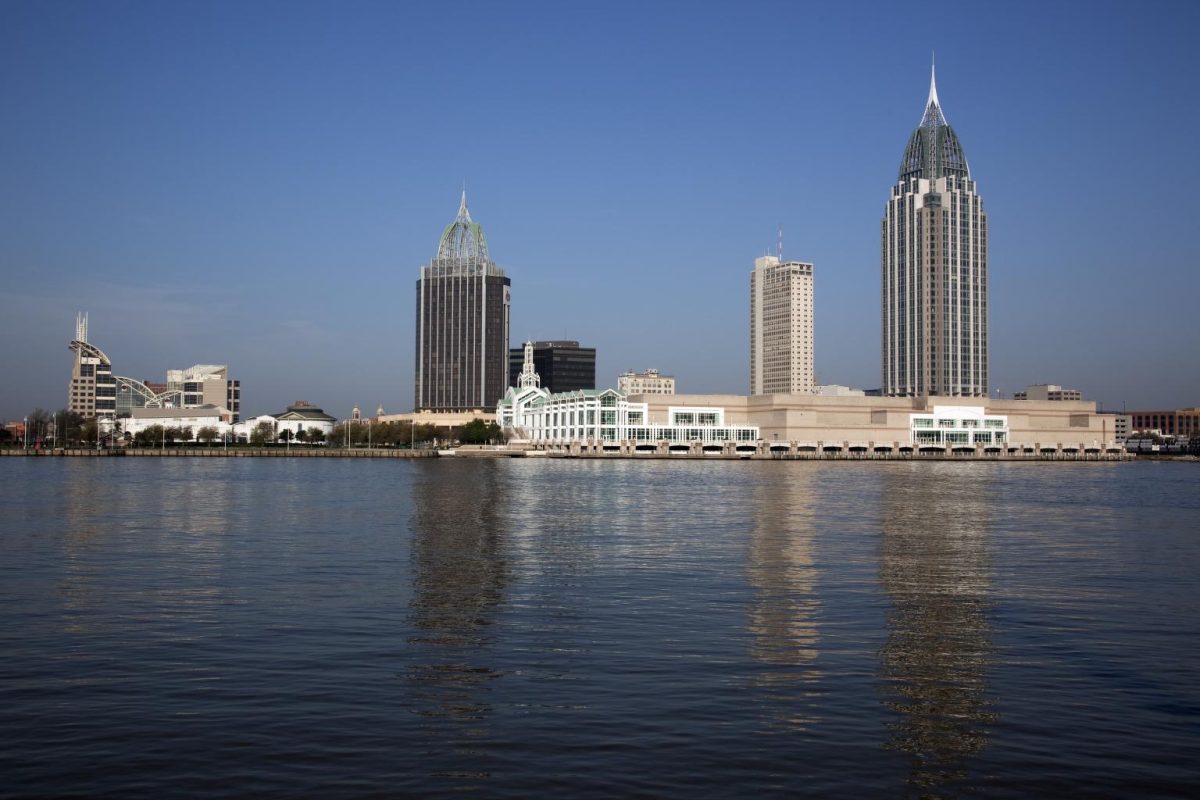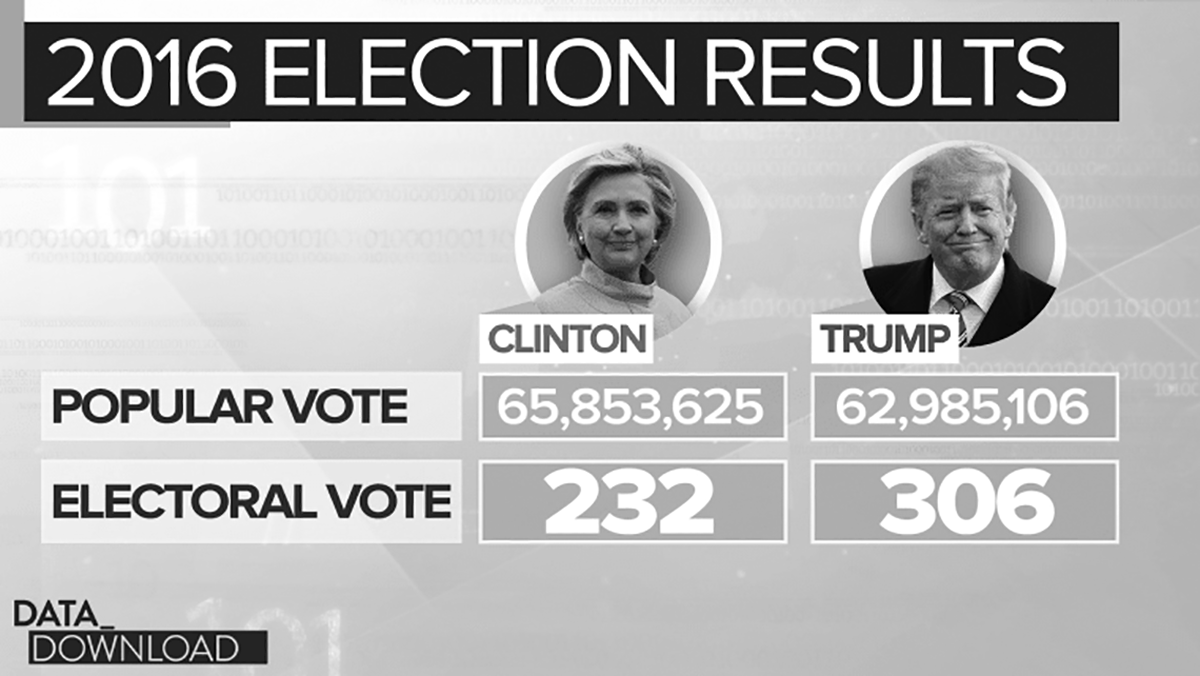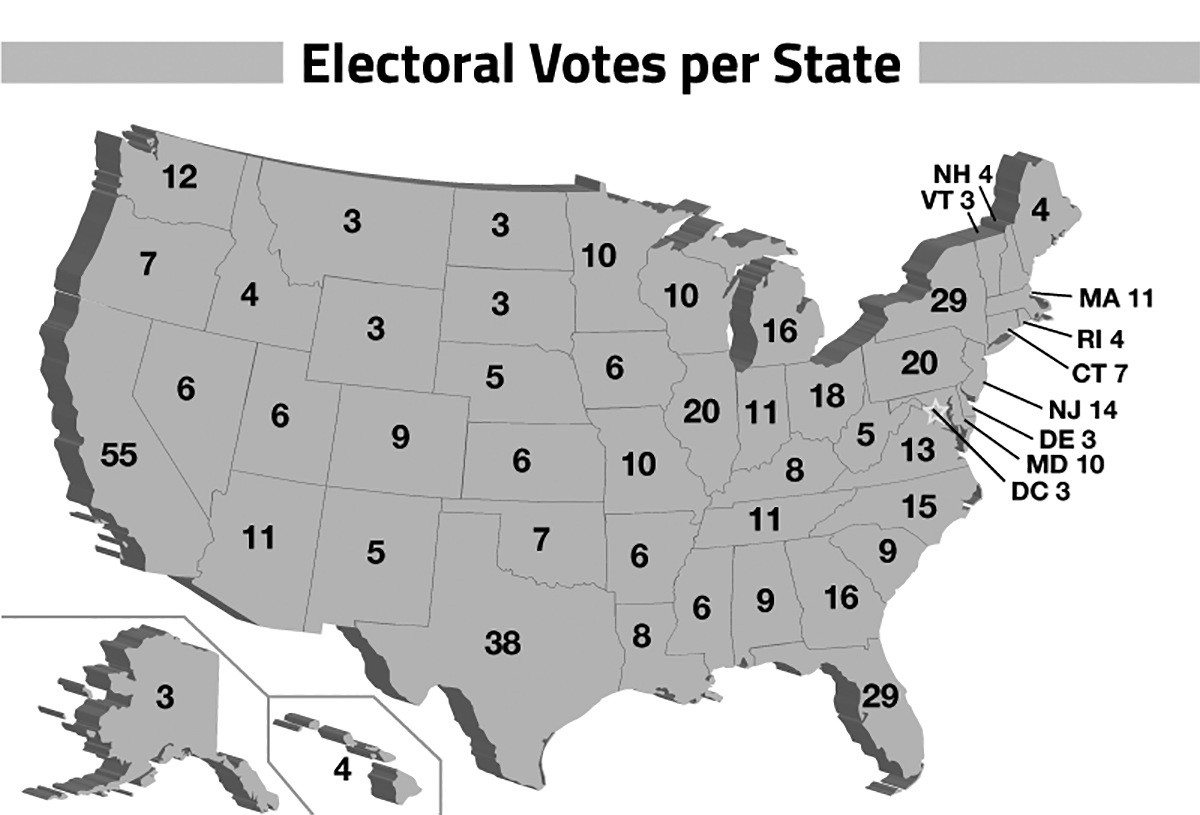The Electoral College is comprised of 538 electors with a requirement of 270 electoral votes that select a new president. Electoral voters or the state’s “slate” are elected by each of the state’s political parties running in the election. The Electoral College was essentially a compromise between the Founding Fathers who wanted Congress to solely decide the president and the Fathers who wanted a total popular vote to decide. A push for a popular vote to rule has made its efforts since the 1960s. According to a study done by The Public Religion Research Institute found that only 32% of Americans supported the Electoral College in 2018.
While a popular vote would be difficult to recount and tally, it allows the presidential election power to fall on Americans. The popular vote would eliminate the need for an electoral election process on January 6, making the transition from incumbent presidents to elected ones faster.
There have been three amendments added to The Constitution pertaining to the Electoral College. The 12 Amendment required electoral voters to vote for both Vice President and President, the 20 Amendment put a time limit on voting, and the 23 Amendment gifted three electors to the District of Columbia.
In the 2016 election, seven electoral voters went against their party and voted for other candidates. After that, 33 states and D.C. have implemented laws that require these elected voters to vote for their pledged party. Even the Supreme Court ruled that states can require the slate to maintain their party vote. New Mexico can charge an elector with a felony for voting against their party.
As a compromise for the Founding Fathers, the Electoral College proved to be a great solution. Now that the country has increased in population and ideologies, this process is not viable for a growing nation. It is even more constricting when the electors are forced to vote for their party. As elections continue to get more polarized, this tedious and restricting process will anger more Americans as the popular vote becomes seemingly less important.
Alabama has nine electoral votes, and all nine pledged
to vote for Donald Trump and Mike Pence in the 2016 election despite having only 63% of the popular vote go to the Republicans.
While that difference is drastic, many political experts would agree that the Electoral College is not dissolving
any time soon. This allows for discouraged voters in November, but as a nation, we still have to remember that voting is important, and educated voting is crucial.
For more information or to register to vote, go to alabama.gov.




























Paul Voitier • Mar 21, 2024 at 5:32 pm
In the 1960 World Series, the Yankees outscored the Pirates 55-27 (total runs). The Pirates won the World Series (they won the required 4 games) and the Championship trophy made its way to Pittsburgh without incident or controversy. It’s still there today. Awarding the trophy to the Yankees would have undermined the integrity of the game.
Similarly, pivoting to a popular vote method for the Electoral Process would serve to undermine the Sovereignty of the States.
The Electoral College system was designed to balance the interests of both large and small states, as well as to protect the principle of federalism upon which the United States was founded. By allocating electoral votes based on each state’s representation in Congress (senators + representatives), the Electoral College ensures that smaller states have a voice in the presidential election process. This prevents populous states from dominating national elections and allows for the representation of diverse regional interests.
Since electoral votes are allocated based on state boundaries, candidates must appeal to voters in various states with different demographics, economic concerns, and political ideologies. This fosters a more inclusive and representative electoral process, where candidates must engage with a diverse range of constituents to secure victory.
The Electoral College provides a clear and decisive method for determining the winner of presidential elections. Unlike a direct popular vote system, which could potentially result in close elections triggering nationwide recounts or runoff elections, the Electoral College ensures a swift resolution by conferring victory upon the candidate who attains a majority of electoral votes. This promotes stability and certainty in the electoral process, preventing prolonged disputes and uncertainty over election outcomes.
The Electoral College also serves as a safeguard against voter fraud and manipulation by decentralizing the election process. Each state is responsible for administering its own elections and certifying its electoral votes, thereby minimizing the risk of widespread fraud or interference at the national level. Furthermore, the Electoral College acts as a buffer against the influence of foreign actors or external forces seeking to undermine the integrity of American elections.
The Electoral College remains a vital institution in American democracy, upholding principles of federalism, encouraging broad-based campaigning, providing stability in election outcomes, protecting against voter fraud, and preserving minority rights. The Electoral College continues to serve as a bulwark against the concentration of power and ensures that presidential candidates must earn the support of diverse constituencies across the nation. As such, it warrants preservation and respect as an essential component of the American electoral system.
Sincerely,
Paul Voitier
Covington, LA
SHC Class of ‘73